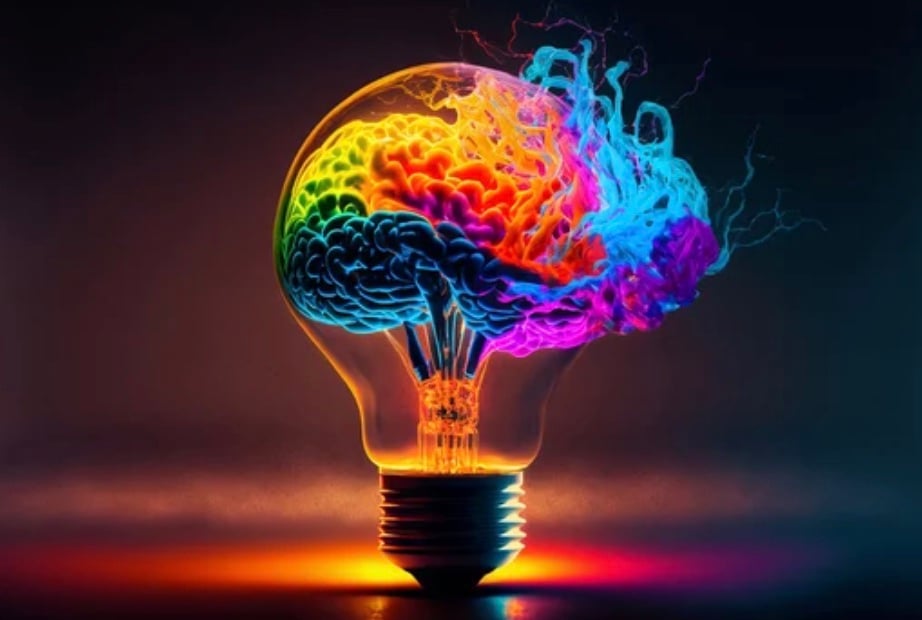I've had the privilege of being on the frontlines of marketing innovation for over 25 years. In each era, new technologies arise that disrupt the status quo and force brands to adapt or risk obsolescence. We are now entering the most profound period of change yet - the era of artificial intelligence.
In the 1990s, the disruptive force was the internet. When I helped launched one of the nation's first interactive marketing firms in 1994, most brands didn't yet have websites or see the web's potential. The most common question was "Why do I need a website?"
It took visionaries like Bill Gates declaring in 1995 that everything Microsoft did going forward would revolve around the internet to really wake up businesses. The internet radically democratized access to information and catalyzed e-commerce. Marketing would never be the same.
Of course, the rapid adoption of websites and email was just the beginning. The rise of social media next demonstrated the power of customer conversations and peer influence. Platforms like Facebook, YouTube and Twitter shifted marketing from one-way broadcasting to participatory engagement. Being where your customers already were and providing value to earn attention became critical.
Both the web and social media generated exponentially more data. New fields like search engine optimization arose to leverage this data for visibility. The advent of smartphones and apps produced even more customer touchpoints and behavioral data, amplifying the trend.
When the concept of "big data" emerged in the early 2010s, forward-thinking marketers realized they needed to not only collect but efficiently mine this wealth of insights. CRM platforms like Salesforce and marketing automation systems helped manage the influx, while data analysis and business intelligence tools tried to identify patterns.
It was an exciting time as marketers tapped into more behavioral data and digital connections than ever thought possible. But gradually, it became apparent that the scale and complexity of internet, social, mobile and CRM data surpassed humans' ability to process it. There were more insights and options than people could practically analyze and act upon.
We had arrived at a singularity where technology presented more possibilities than even highly skilled marketers could hope to master. The tools had outpaced their users' capacity. It's not unlike modern jet fighters where the human pilot is considered the weak link in realizing the aircraft's full potential.
Enter artificial intelligence. Just as this overwhelmed state peaked, AI emerged to make sense of the digital pandemonium. Rather than just providing more data, AI offered recommendations, predictions and automated creation driven by the data.
AI algorithms can ingest billions of data points from across customer touchpoints to pinpoint micro-segments and forecast behaviors. Large language models like GPT-3 generate custom, hyper-relevant content and creative tailored to each user. Voice synthesis clones human speech or creates celebrity soundalikes.
Where previous innovations like the internet overwhelmed us with options, AI brings order from the chaos. It tells us what matters most and the optimal actions to take. AI expands human creativity rather than rendering it obsolete.
And unlike biased humans, AI has no preconceptions. It objectively follows the signals in the data. AI can course correct brand messaging in real-time based on micro-reactions. It delivers experiences as unique as our customers.
For these reasons, I believe AI represents the most disruptive marketing shift so far. It will rapidly widen the chasm between AI-powered and traditional organizations. Much like the early internet era, brands who embrace AI will inhabit a stratosphere high above competitors.
To ride this wave, marketers must let go of legacy assumptions. Avoid thinking AI replaces humans; instead view it as an amplifier. Rethink creative processes that have artists and AI collaboratively ideating. Don't just mimic old metrics - use AI to uncover new data-driven KPIs.
My new company, Stratos, is founded on the premise that AI transformation must be central, not peripheral, to modern marketing. Our name signifies guiding clients above tactics into the strategy of what's next. Yes, the marketing stratosphere, if you will.
The present and future of our industry are more exciting than ever. Unimaginable new applications of AI emerge daily. As marketers, we have the privilege of leveraging these tools to forge deeper customer connections and advance business success. Though the landscape shifts rapidly, the human principles of creativity, empathy, and vision will continue to set great brands apart.
I can't wait to see what wave comes after AI. But for now, let's enjoy riding this one as far as it will take us. Are you ready to elevate your marketing to new heights?
